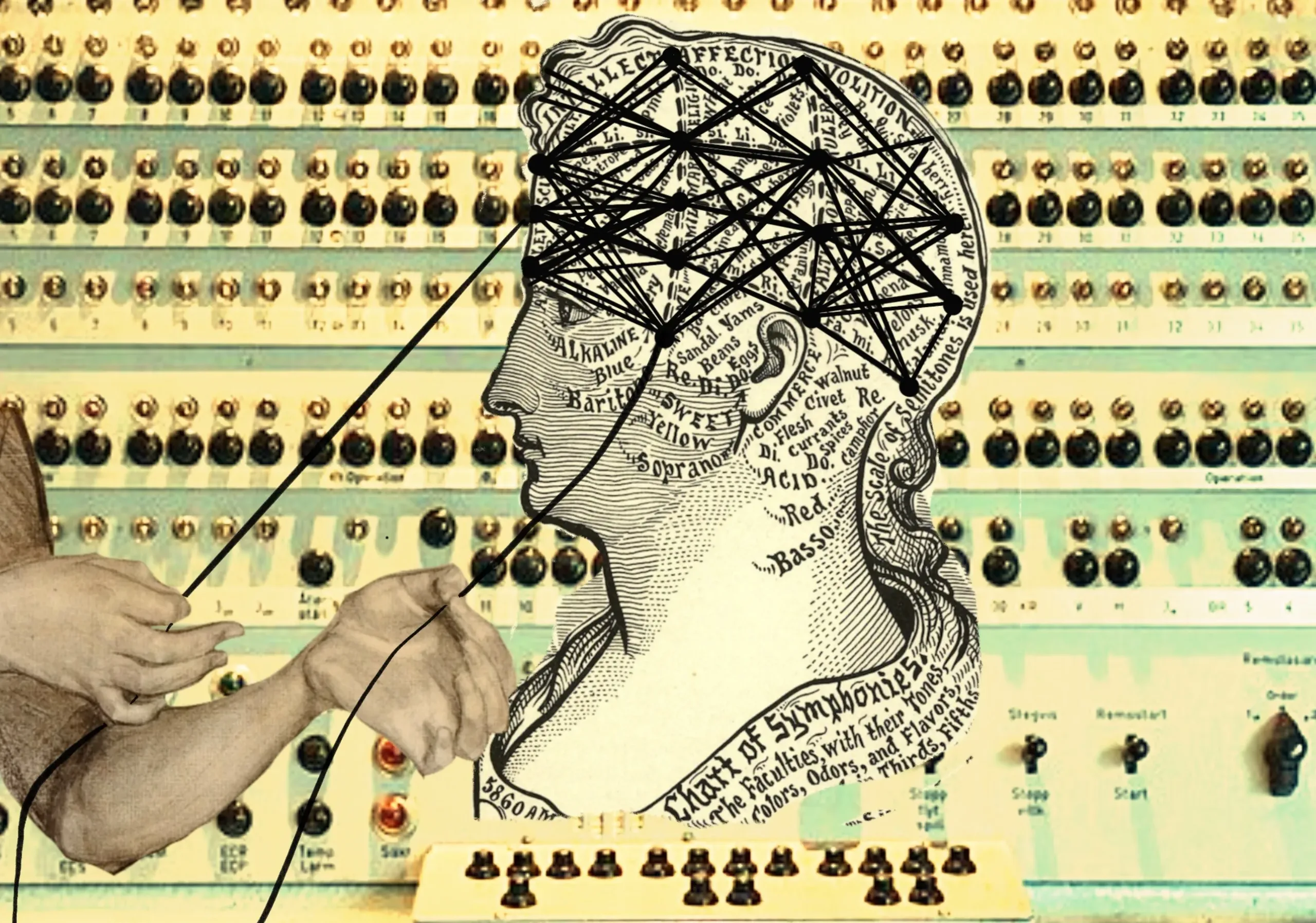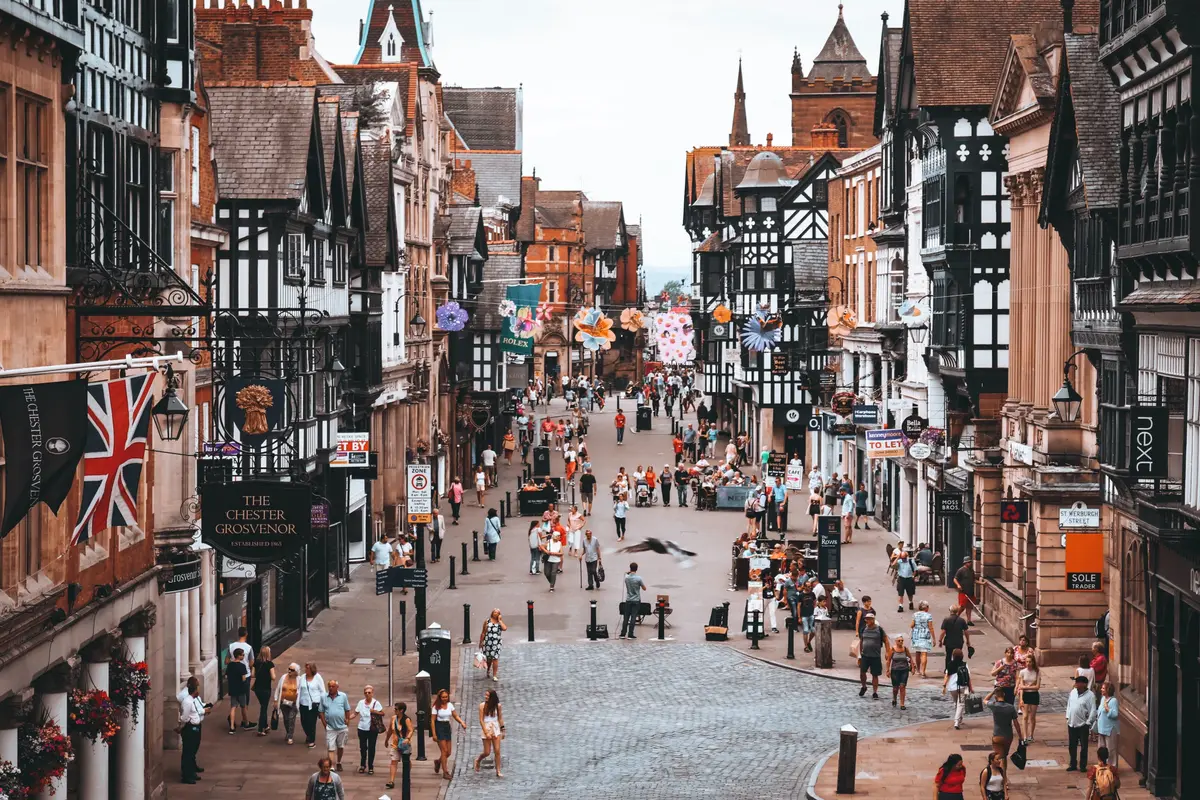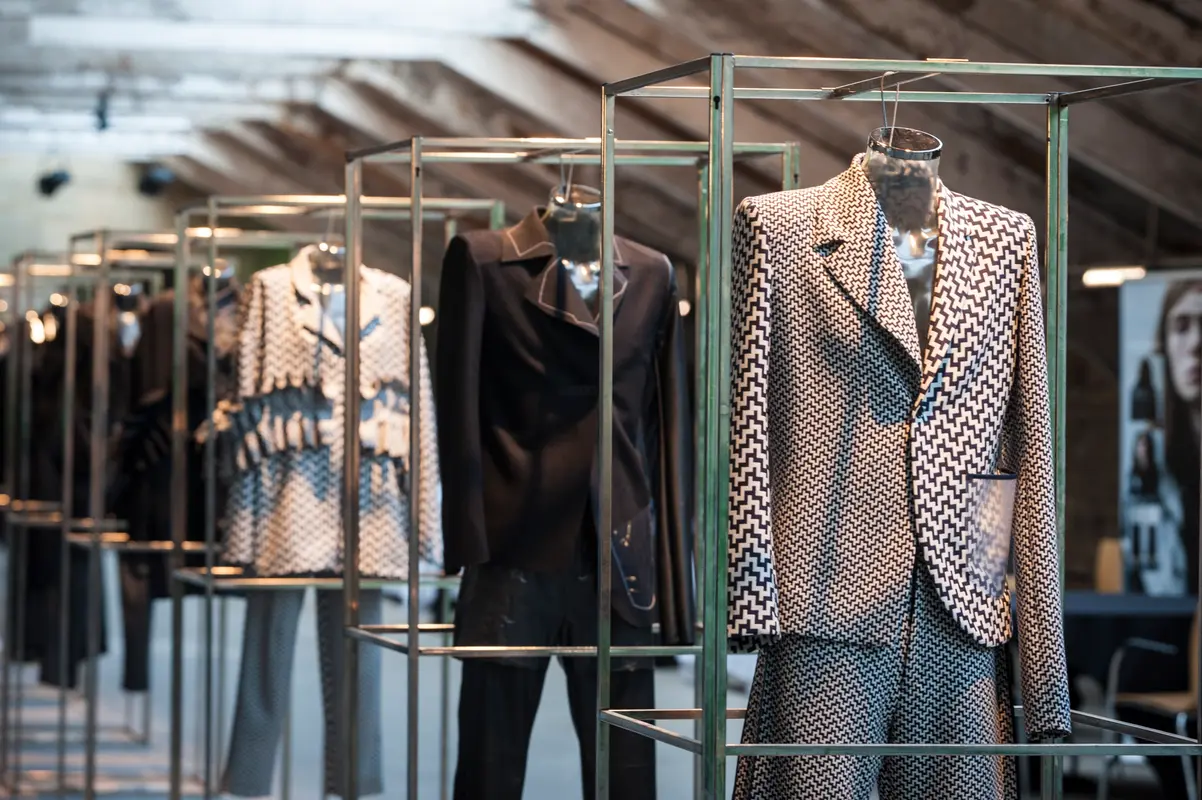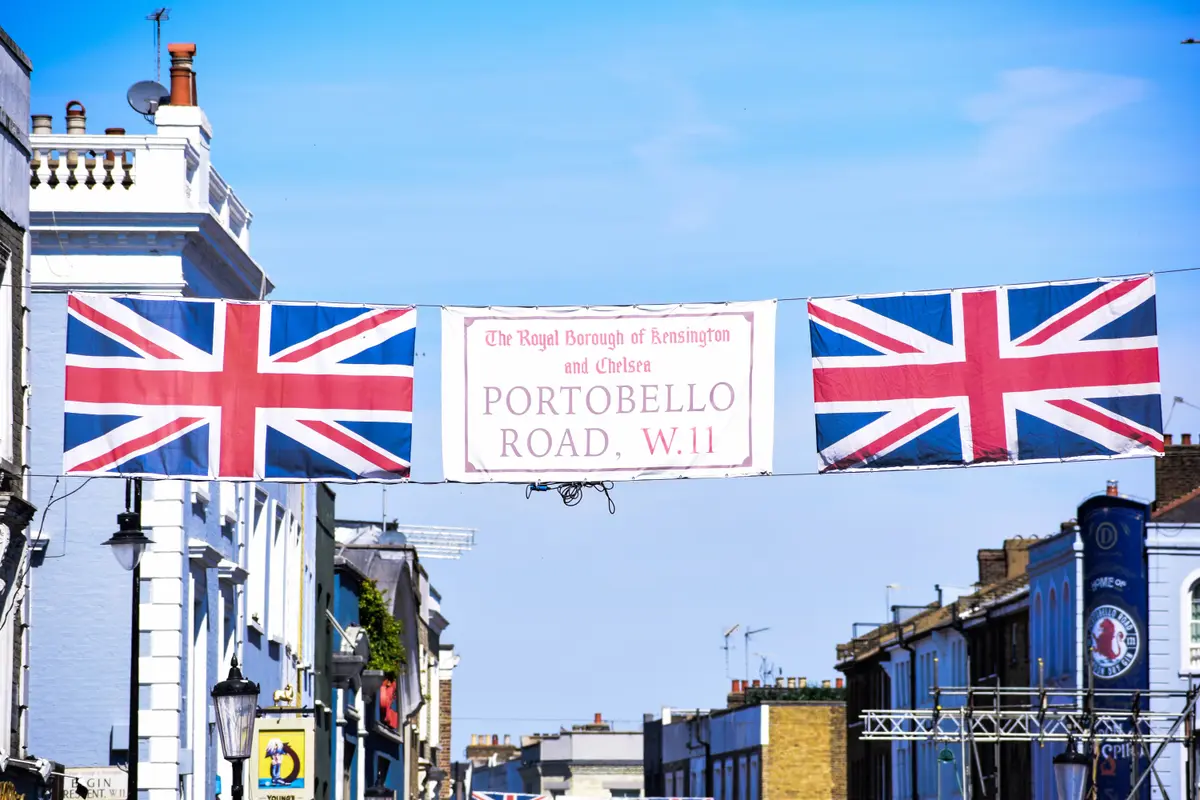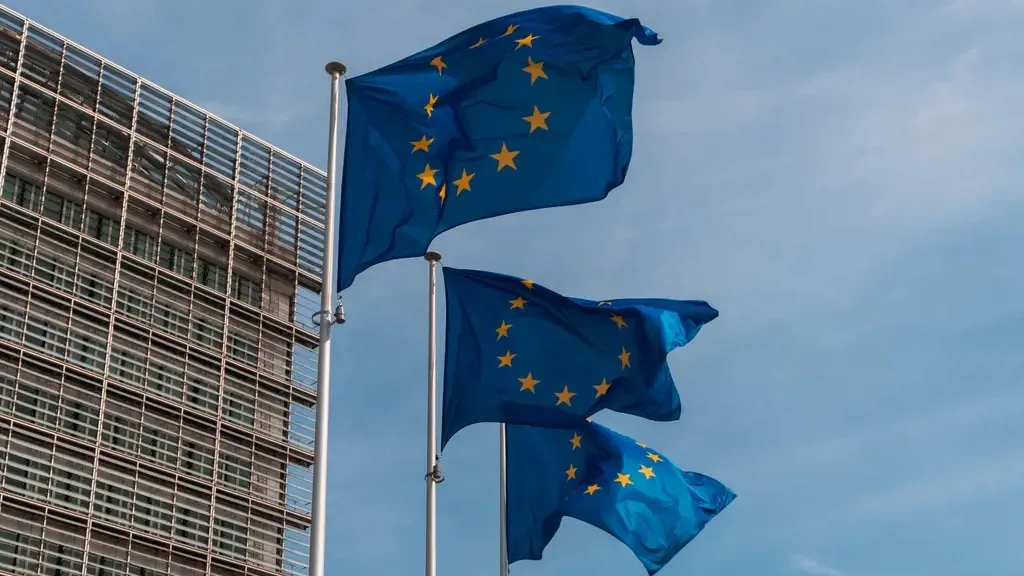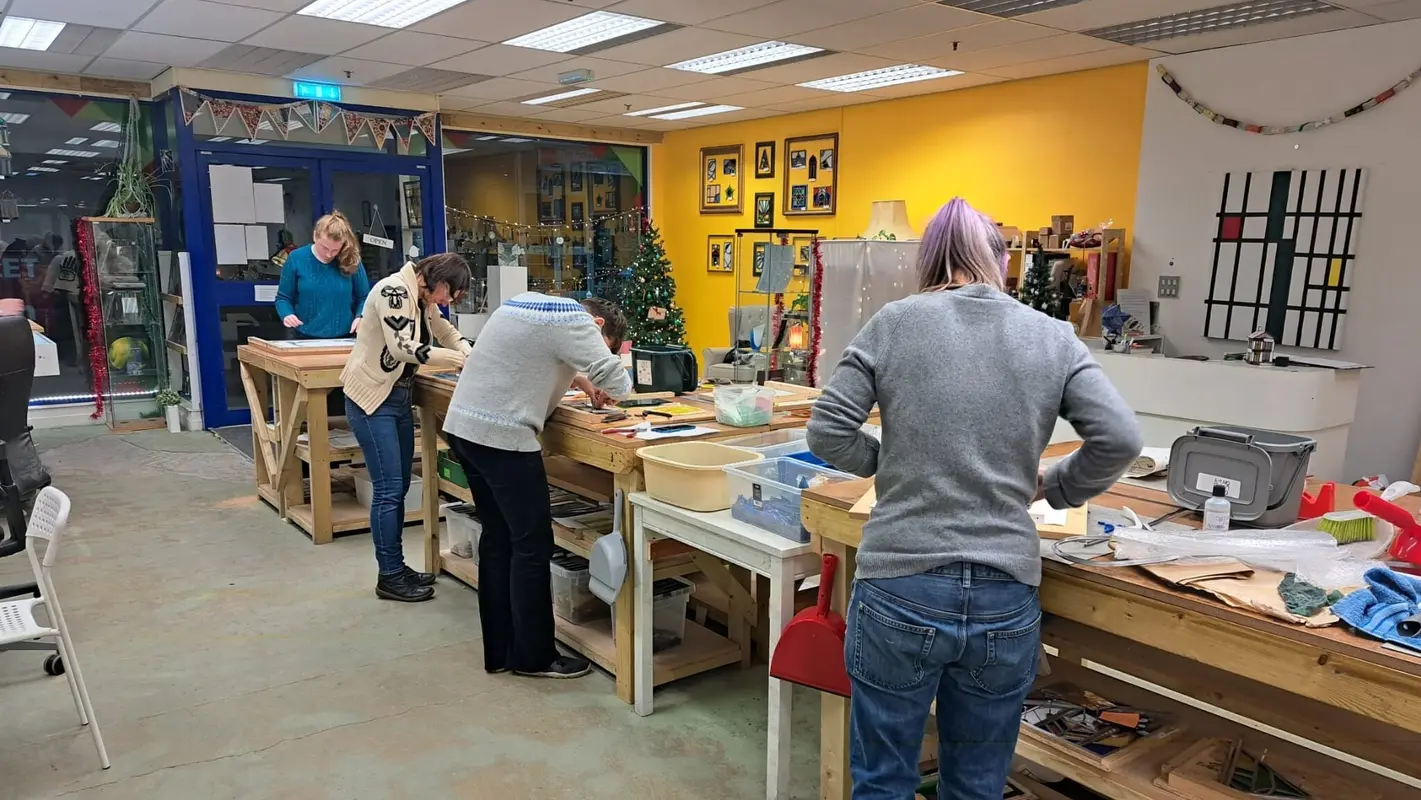Workplace perspectives: skill needs, mismatches and development in the Creative Industries
This Creative Skills Monitor (2019/20), written by the PEC’s researchers at Work Advance, forms the first in a series of strategic skills reviews. It responds to stakeholders’ calls for a regular, over-arching assessment of the skills required and supplied in the creative industries and the creative economy. Its aim is to better signal, influence and respond to changes in the creative workforce, and ways of working, to optimise the contribution that people can make to the future success of the sector.
It has provided insights around the broad composition of the creative industries, and variations in the shape of employment and skills needs between sectors. It has also considered engagement in different aspects of skills, education and workforce development. The intention has been to enable a strategic approach to anticipating, tracking and responding to evolving skills requirements across the creative economy. The core objectives are not only to support the identification of common issues of concern, but where there are issues distinct to particular sub-sectors, and where challenges are of greater concern compared to the economy as a whole.
This first report focuses primarily on the activities of employers in the sector as a basis to understand the steps creative businesses themselves can take to support talent development and better utilise and enhance the skills of their workforce. It has drawn on the most up-to-date evidence from the UK’s national labour market surveys, alongside wider research. Given that the Monitor has assessed core labour market evidence just prior to the COVID-19 lockdown, it plays a vital role developing a baseline across the creative workforce against which future developments can be tracked.
The research usefully highlights the deep-rooted skills challenges facing the creative economy, and what action employers were already undertaking to resolve them, in terms for instance of modifying their recruitment, training and broader working practices. Whilst the COVID-19 crisis has clearly had dramatic effects, and intensified these challenges, the analysis nevertheless provides a useful starting point to shaping future priorities and what is done next. In particular, the PEC is interested in supporting those common areas of concern, where there may be benefits in industry, government, academia and wider experts working together to pool resources, and share expertise and learning, and, by so doing, securing improvements that drive a strong post-COVID recovery.
Future action will need to cover issues such as how to: improve management and working practices in a way that enhances business success through people; embrace changes around the future of work; enhance the pipeline of talent to the sector, strengthening progression opportunities for learners, through school, further education and university to better meet industry needs; grow opportunities for continuing professional development and lifelong learning; incentivise and enable greater employer engagement in training; and cement the value of creative education.
Giles, L., Spilsbury, M. and Carey, H. (2020) A skills monitor for the Creative Industries. Multiple: Creative Industries Policy and Evidence Centre and Work Advance. Available from: https://pec.ac.uk/discussion-papers/creative-skills-monitor
Published 27th July 2020
Photo by Daniel McCullough
Related Discussion Papers
Demand for Creativity and AI Skills in the Post-ChatGPT Labour Market
This study examines the evolving relationship between employer demand for creativity and AI skills i…
Regional Trade Agreements, Cultural Provisions and Trade in Cultural Goods
Analysing the impact of Regional Trade Agreements on the bilateral trade of cultural goods from 1999…
International Trade Challenges and the Effectiveness of Support Measures for the UK’s Creative Industries
The formidable challenges confronting the UK’s creative industries in the realm of exports, st…
Northern England’s Creative Industries
The Creative Industries are already a driver of growth across the UK economy. Export-intensive and m…
Creative Destruction? Creative firms, workers and residential gentrification
A new study by Tasos Kitsos, Max Nathan, and Diana Gutierrez-Posada finds only a minor influence of …
Speaking with One Voice
A fundamental remit of the BBC, and other public service broadcasters (PSBs) like ITV and Channel 4,…
Transitioning to Sustainable Production across the UK Theatre Sector
This discussion paper examines transitional pathways to sustainable theatre production in the UK. By…
Identifying and analysing UK fashion micro-clusters
The UK’s Fashion and Textiles industry contributed almost £20 billion to the UK economy in 202…
Net Zero as a catalyst in fashion micro and small enterprises
This report identifies examples of work taking place across three levels of change – social, e…
The Motives of Inbound Foreign Direct Investors in the UK Creative Industries
The UK’s creative industries have a global reach. British arts, technology, and design are internati…
Brexit uncertainty and international trade in services: Evidence from the UK creative industries 2014-2019
This discussion paper is based on one of the first studies to look at the impact of Brexit on the Cr…
Working Together – Cooperatives as a creative industry business model
This authors looks at how creative workers and students typically understand cooperatives, explore t…

